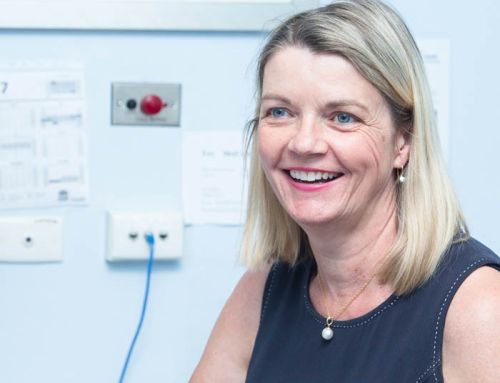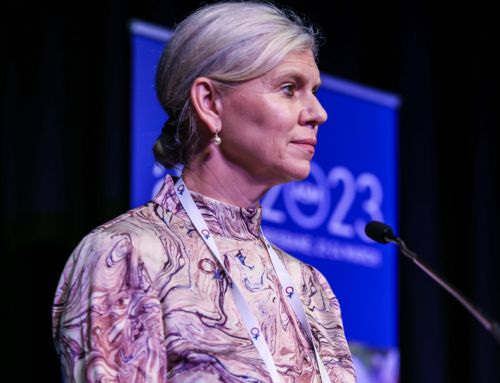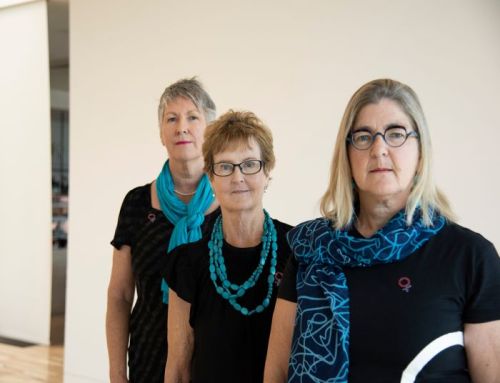Principal Investigator Professor Linda Mileshkin explains EmQuest, a survey-based study that aims to improve quality of life outcomes for women treated for endometrial cancer.

Prof Linda Mileshkin, EmQuest PI
We know that after treatment for endometrial cancer some women can have a number of unique health needs, which can be difficult to cope with.
Physical side effects of treatment may continue for some time after the treatment has finished, and the anxiety caused by the possibility of cancer recurrence can significantly impact on quality of life.
Our treatment plans for endometrial cancer are changing. For example, chemotherapy is now more commonly given after surgery to reduce the chance of the cancer returning. New treatments such as immunotherapy, targeted radiotherapy and different types of hormone therapy are being used to treat advanced disease.
We need to get more data about the long-term symptom and side-effect issues affecting women treated for endometrial cancer, so that we can provide proactive support for women, allocate resources, and plan new, relevant research.
The first step to targeting all of these actions is gaining a broader understanding of the problems that affect women treated for endometrial cancer. We hope to gather responses from women in Australia and abroad, to gain a meaningful cross-sectional assessment of the issues that most affect women who have been treated for endometrial cancer. This will help us to improve treatments, identify women most at risk of significant side effects and plan better services to address unmet needs.
If you would like to contribute to the study survey, please follow this link.










